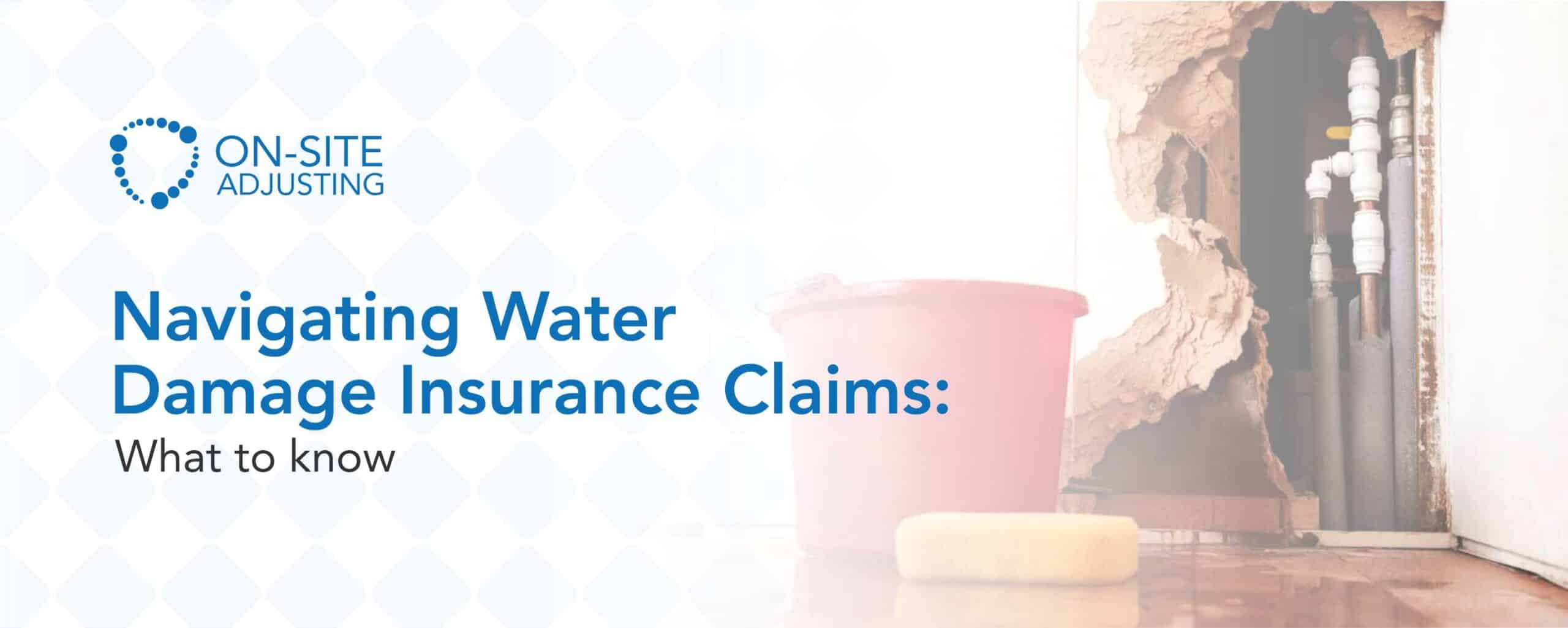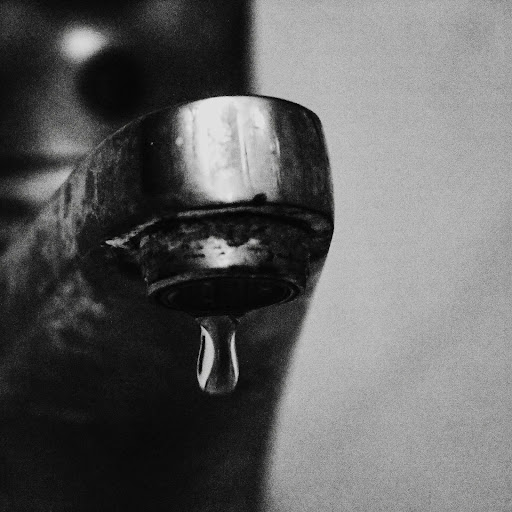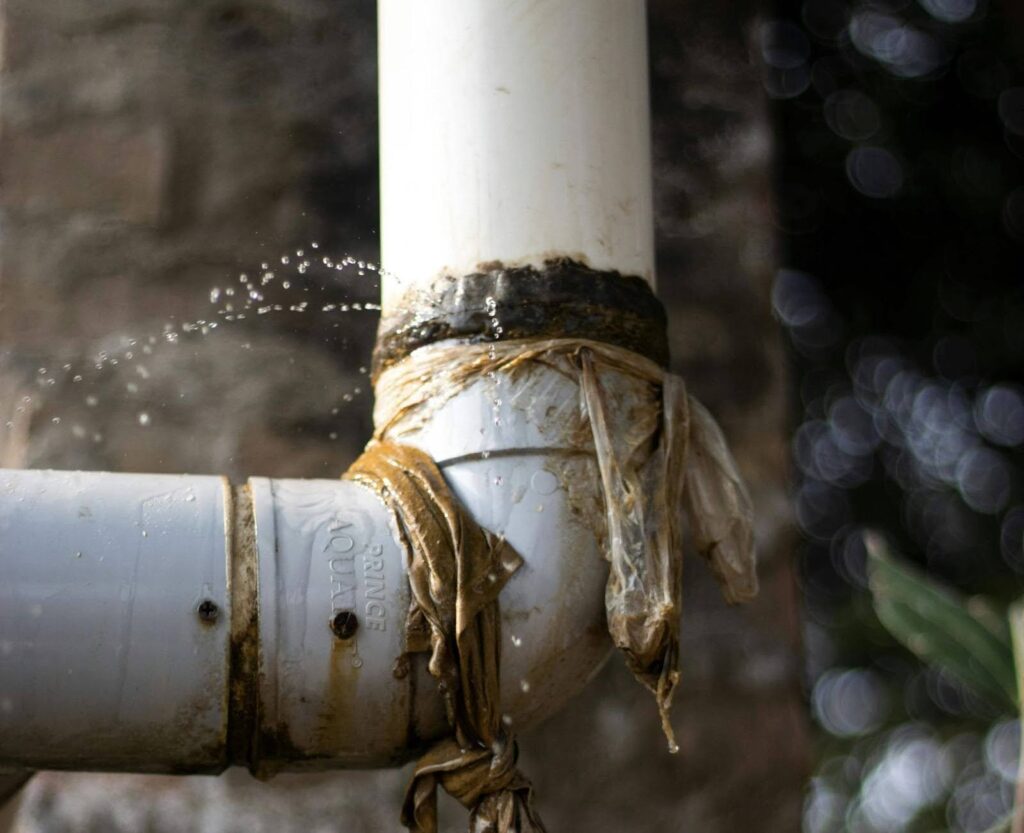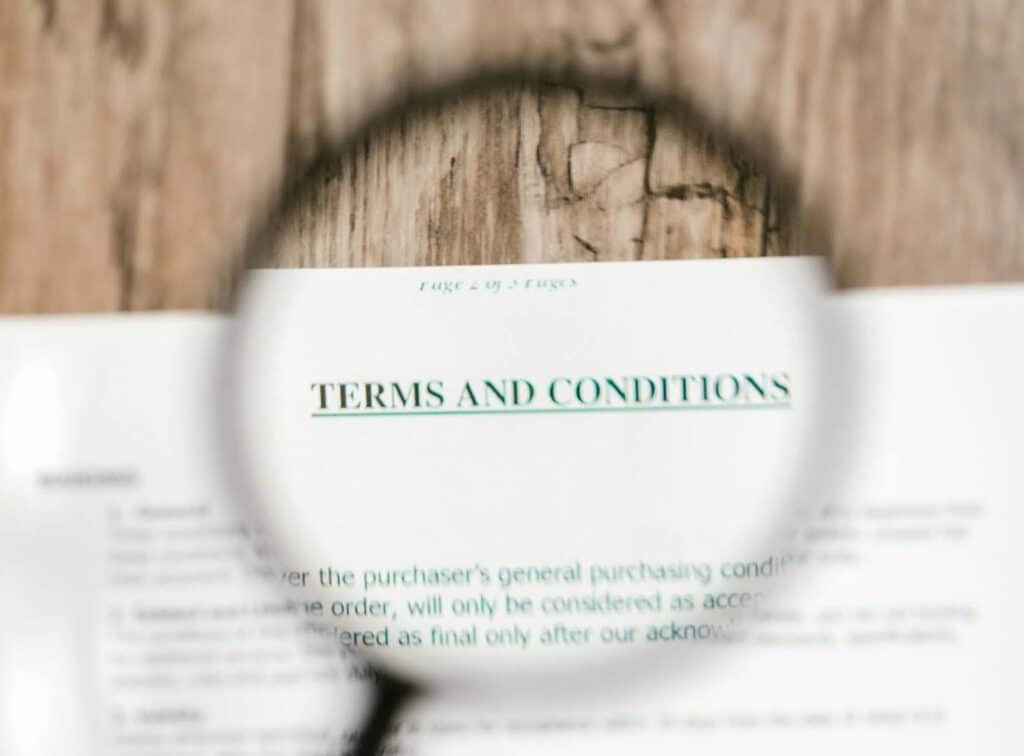
Water damage claims cost insurers billions of dollars due to properties damaged by water every year. Any home with a functioning water supply system will run into water-related issues at least once. This could be water overflow from clogged pipes or water leaks.
Water issues can escalate quickly and cause serious damage. In this article, we will break down everything you should know about water damage insurance claims. You will learn how to navigate these claims with ease.

What Is a Water Damage Claim?
A water damage claim is a formal request to your insurance provider for compensation after your property suffers water-related damage. Whether or not you get this compensation is dependent on your policy. The request filing process also depends on your insurer and your policy.
Does Homeowners’ Insurance Cover Water Damage?
Yes, many homeowners’ insurance policies cover sudden and accidental water damage. Internal or external factors may cause this damage. Examples of internal factors are your plumbing system and appliances. For example, a pipe may freeze and burst, causing flooding in your home. External factors are often weather-related such as rain and storms causing water intrusion.
Additionally, insurance policies and forms of coverage differ. Some insurers offer more comprehensive coverage than others. Therefore, it is best to examine and evaluate your water damage based on your current policy.
What Types of Water Damage Does Insurance Cover?
Insurance usually covers only sudden and unexpected damage. Therefore, it excludes any form of damage that is a by-product of negligence or wear and tear. Here are some common types of water damage that a standard homeowners’ policy will cover:
Storms
Weather events often cause water damage. For example, hail may shatter your windows, and cause water intrusion. This can lead to your furniture being damaged by water. In this scenario, your insurer will likely pay for the replacement of the affected furniture.
Burst Pipes
Plumbing systems experience different issues that cause them to burst or break. A burst or broken pipe can quickly flood a home and cause severe water damage. As long as the break is unexpected, your insurance provider will likely cover it. However, if you noticed issues with your plumbing system and did nothing, your insurer may dismiss your claim.

Appliance Malfunctions
Your policy will likely cover any appliance problems or malfunctions that cause water damage in your home. For example, your washing machine may have some wrongly connected pipes. When you try to run a cycle, the water floods your home instead of staying contained inside the machine. Your insurer will reimburse you for any items damaged by water. The same goes for water leaks from appliances that you were not aware of.
Fire Extinguishing
Firefighters often use large amounts of water to put out raging fires. After firefighting efforts are over, the water they use remains inside the building. This means large amounts of water may remain in the home until restoration companies can pump it out. Any water damage that results from this will likely be covered.
Roof Leaks
Some weather events are so extreme that they completely damage your roof. For instance, heavy windstorms may pull shingles off your roof. A compromised roof will inevitably cause water intrusion once it rains or snows. Many insurance policies cover this kind of water damage. However, you may need to prove that your roof was not weak or damaged before that covered event.
What Types of Water Damage Does Insurance Not Cover?
Exclusions differ in every policy. Nevertheless, there are some exclusions common across different policies. Here are the types of water damage your insurer will most likely not cover:
Floods and Earthquakes
Floods usually require separate insurance coverage and the average homeowners’ policy will not cover them. The same goes for earthquakes. This is especially so for people living in areas that are prone to these natural disasters.
Negligence and Deliberate Acts
The point of insurance is to provide coverage for losses that happen suddenly. Therefore, the incident leading to water damage should be unexpected. If a policyholder purposely damages their plumbing system and that causes water damage, the insurer will deny the claim.
Similarly, if you ignore an issue until it causes water damage, your insurer will refuse to honor the claim. Also, if a covered peril causes damage and you do not try to mitigate it, your insurer may dispute the claim.
Wear and Tear
Insurance does not cover regular wear and tear. For example, you have an old dishwasher that eventually breaks down and floods your kitchen. The chances that your insurer will cover such water damage are quite slim.
In the same vein, let’s imagine your home becomes damaged by water because you refuse to carry out needed maintenance. In this scenario, your insurer will not cover the damage.
Water Backup
Most insurance companies require you to purchase separate coverage for water backup issues. An example is an external sewer backing up in your house and causing water damage.
Tips for Filing a Water Damage Claim
When you wrongly file a claim, you increase the risk of getting denied or rejected. Therefore, it is important to learn the right way to structure your claim. These are some of the best tips for maximizing your claim:
Involve a Public Adjuster
Public adjusters are your ally and advocate throughout the insurance claims process. Not only do they gather needed evidence and documentation, but they also negotiate your claim. They begin with an investigation to develop their own estimates for repairs or restoration. It is with this estimate that they negotiate with your insurer to get you the settlement you deserve.
Know Your Policy
Your insurance policy is what governs your relationship with your insurance provider. Therefore, it contains everything you should know about your coverage. You should know the extent of your coverage. Also, look out for your deductible and any exclusions. This prevents you from filing claims that your insurer will ultimately reject.

Mitigate the Damage
Insurance companies expect you to at least attempt to stop the damage from worsening. For example, if an appliance floods your home, the least you can do is shut off the water. Leaving the damage to worsen complicates your insurance claim. It also counts against you if you try to negotiate the settlement.
Gather Evidence and Estimates
Be as detailed as possible when taking pictures and videos of the damage. Capture the damage from different angles and ensure your photos and videos are clear. Additionally, create a list of all the items damaged by water in your home. Your insurer will likely request this and having it on hand can expedite the claims process.
While the insurance adjuster will have an estimate, it is best you have yours as well. This is because the insurance adjuster may attempt to undervalue your claim. You can then use your estimates to negotiate. If you have a public adjuster, they will gather evidence and estimates on your behalf. They will also bring in professionals to inspect the damage if they need to.
Document All Repairs
Sometimes, you may need to carry out urgent repairs out-of-pocket to prevent your home from falling into complete disrepair. Keep all receipts and invoices from the repairs. This way, you can request reimbursement from the insurer.
Additionally, you should keep evidence of all previous maintenance and repair work done around your home. This helps you dispel any allegations of negligence or wear and tear from your insurer.
What Is the Average Insurance Payout for Water Damage?
The average payout for water damage in the United States is about $12,000. However, you should not use this figure to set your expectations. Factors such as your policy, insurance provider, extent of damage, and negotiation skills will determine your settlement.
Conclusion
Water damage claims are no joke and they happen more frequently than you’d imagine. This is why you should know how to navigate them. Know the types of water damage you can file for and avoid those your policy does not cover. Take advantage of all the knowledge we have provided in this article. Take charge of your water damage claim today.
Let a professional deal with your insurer while you focus on other things. On-Site Adjusting can get you maximum settlements with minimum stress. If you are not sure whether your claim is something we can handle, call us today and let us examine your case for free.












